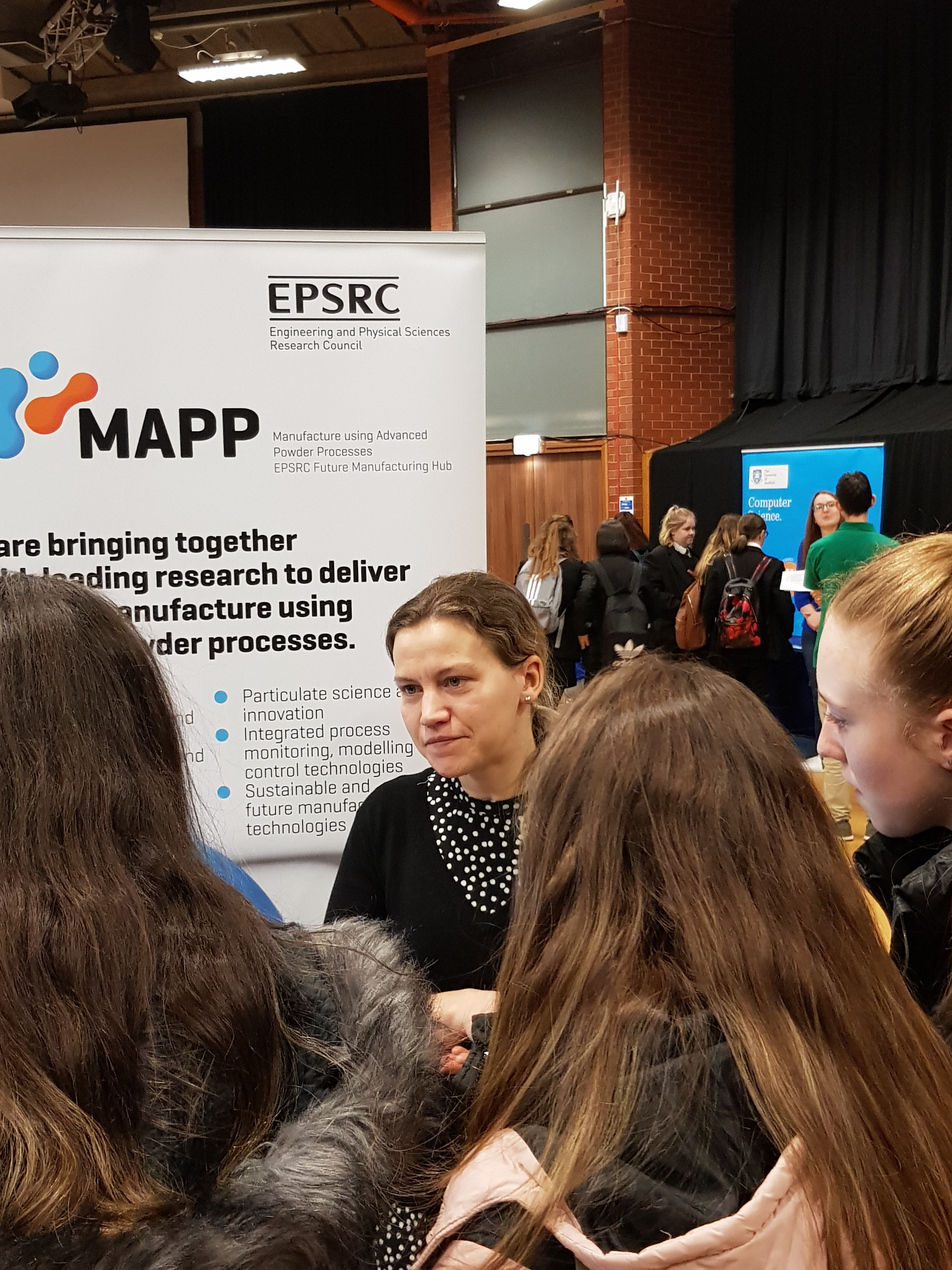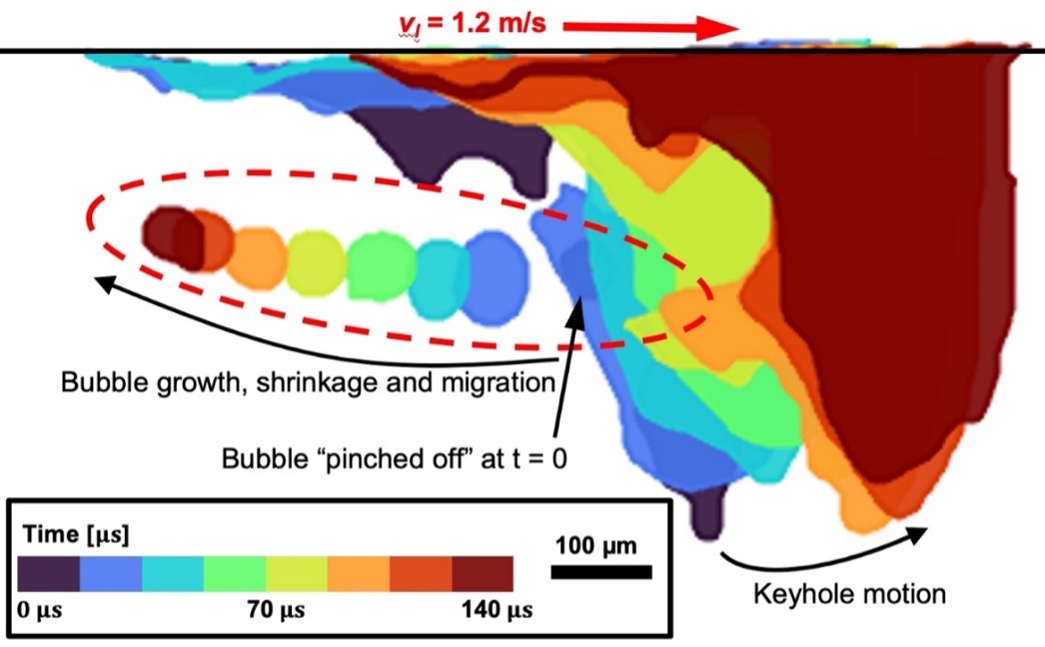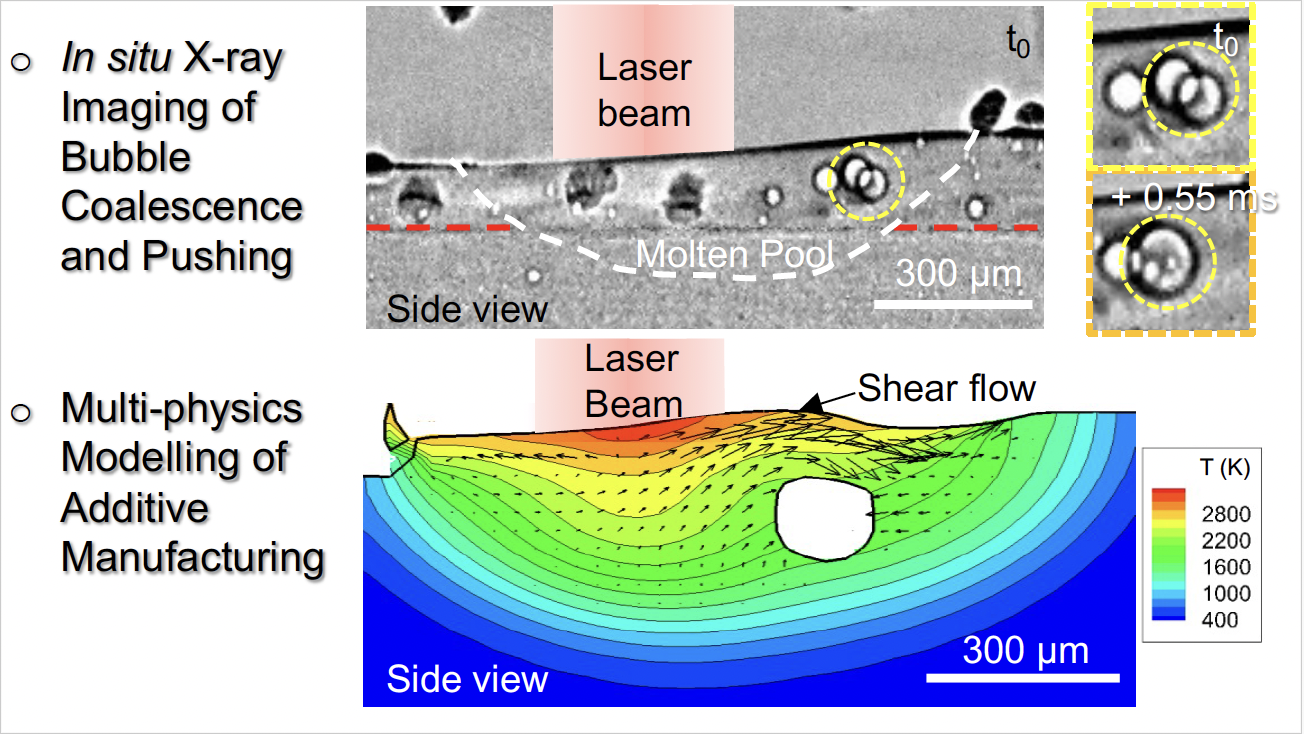All Publications /
Publications:
Beat the machine (learning): metal additive manufacturing and closed loop control
16 / 07 / 20
An engaging MAPP game gives students an understanding of metal additive manufacturing (AM).
The free-to-download game, developed and created by Dr Felicity Freeman, is discussed in Physics Education. The game allows students to control their own simulation of a metal AM build and see first-hand the need for control algorithms.
The paper provides a background to AM, its benefits and challenges, and explains the importance of closed-loop control and machine learning.

It also discusses how the game has been successfully demonstrated at engagement events, including the STEM for Girls event at the University of Sheffield in March 2020.
At STEM for Girls, it was used by about 60 secondary school students, in Years 7-9. Groups of students were shown a desktop polymer 3D printer that was being monitored by a thermal camera during an ongoing build, and a range of components produced by polymer and metal AM. The students were then given an introduction to AM concepts and the game before trying the game themselves. Feedback was positive.
The paper states: "While additive manufacturing has many advantages over more traditional processes, it can be difficult to control, which can then lead to defects in the finished part. Closed-loop control is a key part of most modern manufacturing and household processes, improving efficiency and reducing variation. Machine learning is an extension of this, where the controller learns how changes in the input variables affect the output.
"To help students visualise the additive manufacturing process, and how closed-loop control works in reality, we have created a free-to-download interactive app, designed to provide students with a general introduction to metal additive manufacturing and closed-loop control. It is also intended to demonstrate some of the challenges faced when trying to optimise a manufacturing process, and how researchers are addressing these challenges." (Attribution 4.0 International (CC BY 4.0), Felicity S H B Freeman et al 2020 Phys. Educ. 55 055012).
Dr Freeman ran the game at the STEM for Girls event. PhD student Lova Chechik carried out testing and ran it at the Alloys for Additive Manufacturing Symposium in September 2019.
Click here to view the Physics Education article.
Click here to play the game.
More:
Publications
-

-
X1 Case Study B (UCL)
Impact of powder oxidation during additive manufacturing
Investigators: Prof Peter Lee
Researchers: Prof Chu...

